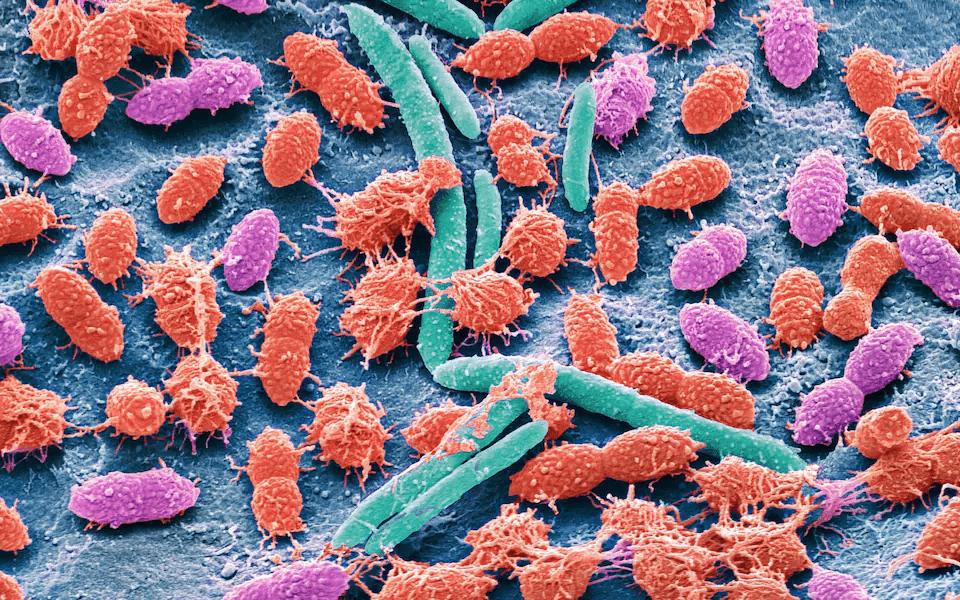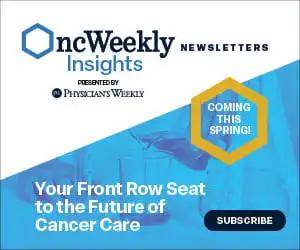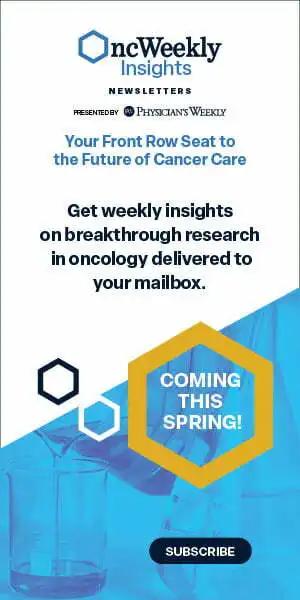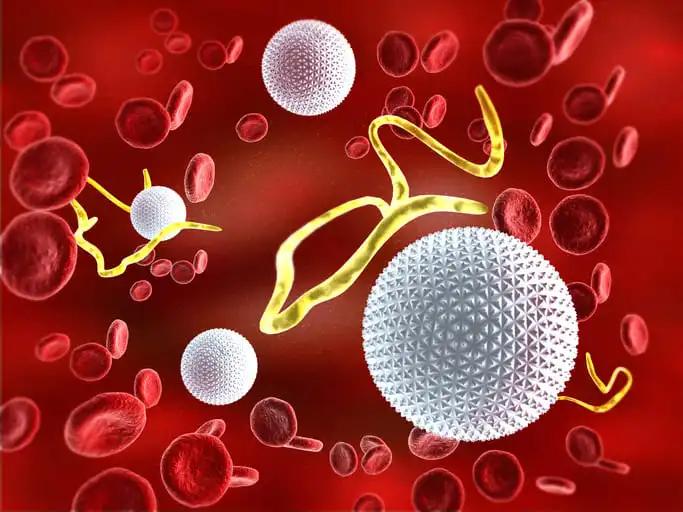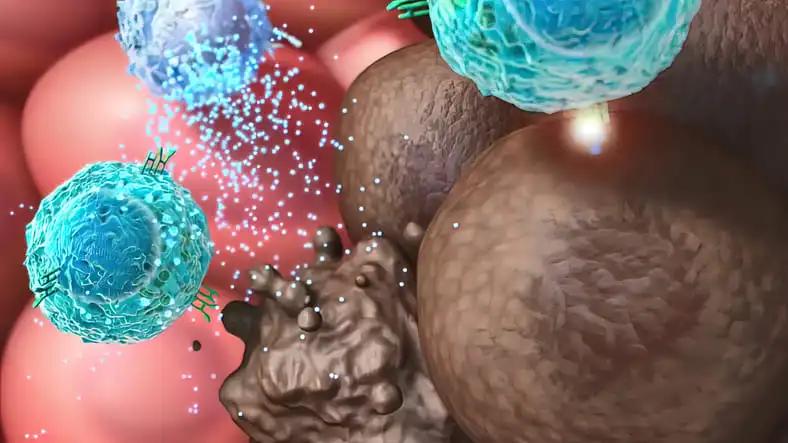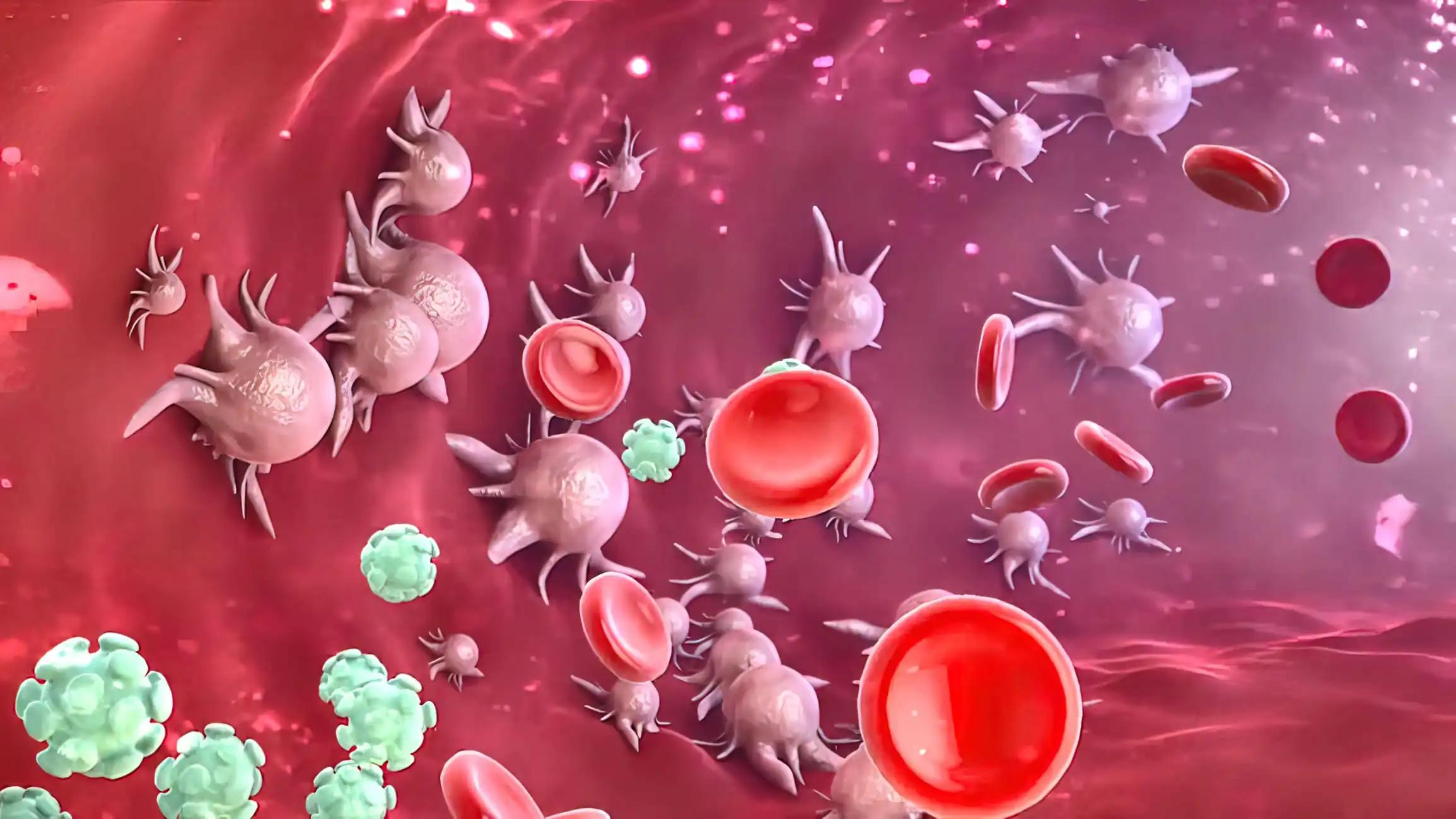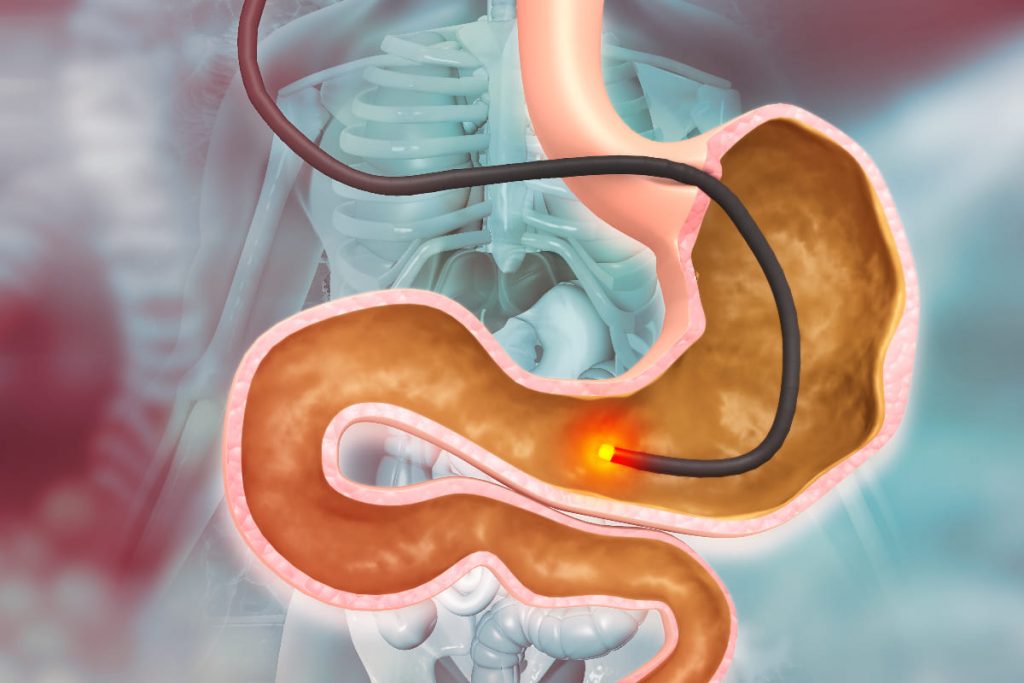Other Cancer
Relevant Articles About Research and Clinical Trials in Other Cancer
Stories to Watch
OncWeekly Featured Trials
Safety and Efficacy Study of Pembrolizumab (MK-3475) Combined With Lenvatinib (MK-7902/E7080) as First-line Intervention in Adults With Advance Melanoma (MK-7902-003/E7080-G000-312/LEAP-003)
LATEST
Sign up for our Monthly emails
Trusted insights straight to your inbox and get the latest updates from OncWeekly
Newsletter
Privacy Policy
Managing Dermatologic Toxicities With Talquetamab in R/R MM
The MonumenTAL-1 phase 1 & 2 trial aimed to investigate the management considerations for dermatologic toxicities associated with talquetamab in patients with R/R …
AVA6000: Targeted Doxorubicin Delivery for Antitumor Activity
The phase 1 trial aimed to investigate the efficacy and safety of AVA6000 in patients with FAP-positive solid tumors, focusing on targeted delivery …
Dynamical NRM Prediction Model Enhances Allo-HSCT Treatment
The trial aimed to develop dynamic NRM monitoring for allo-HSCT to enhance individualized therapy by assessing prognostic biomarkers continuously. The results showed a …
Positive Outcomes: Intraoperative PDT Enhances Cancer Treatment
KEY TAKEAWAYS The INDYGO trial aimed to provide patients with updated exploratory analyses on OS, PFS, and HRQOL. The study concluded that intraoperative PDT alongside surgical excision and standard adjuvant therapy improved outcomes. Despite optimal multimodal...
Efficacy and Safety Of NAIT in GEJC
KEY TAKEAWAYS The study aimed to investigate the efficacy and safety of NAIT in patients with GEJC. Researchers noticed the efficacy of NAIT in resectable GEJC alongside an acceptable toxicity profile; further investigation is ongoing. In recent years, neoadjuvant...
Overlapping Ages: Pregnancy & Breast Cancer Awareness
KEY TAKEAWAYS The study aimed to compare populations with differing childbirth ages to assess breast cancer and childbearing age overlap. The study emphasized increased awareness for women to make informed choices about delayed childbearing and cancer prevention....
Positive Outcomes: Intraoperative PDT Enhances Cancer Treatment
KEY TAKEAWAYS The INDYGO trial aimed to provide patients with updated exploratory analyses on OS, PFS, and HRQOL. The study concluded that intraoperative PDT alongside surgical excision and standard adjuvant therapy improved outcomes. Despite optimal multimodal...
Efficacy and Safety Of NAIT in GEJC
KEY TAKEAWAYS The study aimed to investigate the efficacy and safety of NAIT in patients with GEJC. Researchers noticed the efficacy of NAIT in resectable GEJC alongside an acceptable toxicity profile; further investigation is ongoing. In recent years, neoadjuvant...
Overlapping Ages: Pregnancy & Breast Cancer Awareness
KEY TAKEAWAYS The study aimed to compare populations with differing childbirth ages to assess breast cancer and childbearing age overlap. The study emphasized increased awareness for women to make informed choices about delayed childbearing and cancer prevention....
SELECT ONCOLOGY JOURNAL ARTICLES
Comprehensive profiling of cancer neoantigens from aberrant RNA splicing
Background Cancer neoantigens arise from protein-altering somatic mutations in tumor and rank among the most promising next-generation immuno-oncology agents when used in combination with immune checkpoint inhibitors. We previously developed a computational framework, REAL-neo, for identification, …
Development and interpretation of a pathomics-driven ensemble model for predicting the response to immunotherapy in gastric cancer
Background Only a subset of patients with gastric cancer experience long-term benefits from immune checkpoint inhibitors (ICIs). Currently, there is a deficiency in precise predictive biomarkers for ICI efficacy. The aim of this study was to …
Safety and biological outcomes following a phase 1 trial of GD2-specific CAR-T cells in patients with GD2-positive metastatic melanoma and other solid cancers
Background Chimeric antigen receptor (CAR) T cell therapies specific for the CD19 and B-cell maturation antigen have become an approved standard of care worldwide for relapsed and refractory B-cell malignancies. If CAR-T cell therapy for non-hematological …
Colorectal cancer-specific IFN{beta} delivery overcomes dysfunctional dsRNA-mediated type I interferon signaling to increase the abscopal effect of radiotherapy
Background Cancer-intrinsic type I interferon (IFN-I) production triggered by radiotherapy (RT) is mainly dependent on cytosolic double-stranded DNA (dsDNA)-mediated cGAS/STING signaling and increases cancer immunogenicity and enhances the antitumor immune response to increase therapeutic efficacy. However, …






